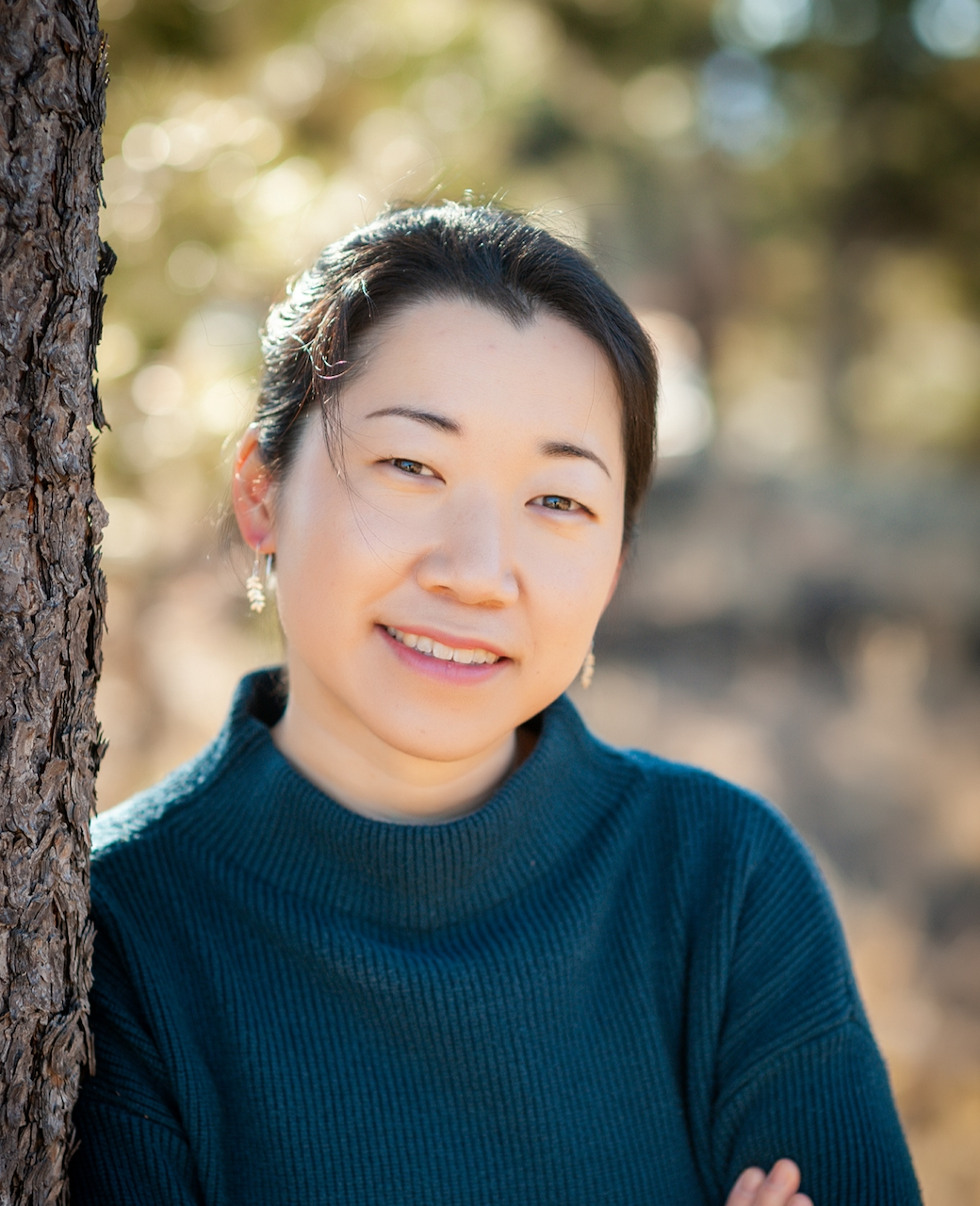Cultivating the Kingdom in Our Midst is a column that invites readers to look for “eye-level” signposts of God at work: shots of beauty that accost us during ordinary hours, scenes of “low art” that unexpectedly make us cry, details right in front of our faces that awaken us to the mercy that bears us up day after day. We’ll explore the underlying truths that are often first signaled by our tender silence or our wondering tears, the better to see the evidence of Christ’s present and approaching reign all around us.
![]()
In my early years as a Christian, I was drawn to biographies and letters of a certain stripe like a moth enthralled by flame. These stories were mainly about missionaries and martyrs—people who seemed to stand at the pinnacle of devotion—and I turned page after page, eager to see what faith looked like in the most unfavorable circumstances. When breakfast arrived for the orphans in George Mueller’s care just as they were bowing their heads over empty plates to give thanks, and when John and Betty Stam’s infant daughter was carried to safety in a basket by Chinese believers, a little road marker of awe drove itself in beside the path of my own tottering steps; I had witnessed what God could do. And though almost thirty years have passed since then and those tottering steps have lengthened into bumbling strides, I look back and see many of those markers by the roadway still.
Lately I’ve noticed that I have been seeking the company of a different, but no less faithful, group of writerly voices. “Weathered” is the word that surfaces as I run an eye over these titles: weathered voices from weathered lives.
I’ve come to many of these authors by way of a back door. Though they are well known for their poetry or novels or treatises, I’ve been reading the books that hold first-person narratives of their lives. In Kiltumper by Niall Williams, One Long River of Song by Brian Doyle, In Every Corner Sing by Malcolm Guite: these are but a sampling of the stacks scattered around my writing corner. I’m finding that I love these books as much as the works for which these writers are renowned, for while the latter are the fruit of their craft, the former reveal the roots and trunks and twigs that have brought that fruit about. As I open these books on quiet evenings, I realize I am still hoping that the stories of others will shape my stance in the world.
Here, too, is devotion, though of a different color; the words of these authors from hospital corridors, garden paths, and river walks carry a gentleness and gratitude and humility that I keep thinking about long after I have set their texts down.
An insightful observer might suggest that it’s the authors’ faithfulness to their places or vocations that lends their voices such a salutary steadiness. I see it. This faithfulness, this long working-out of chosen relationships, winds through the words of Frederick Buechner, Patricia MacLachlan, Allen Levi, Marilynne Robinson, and others. But I’ve begun to recognize another factor as well, one which may be the real reason I’ve instinctively sought them out in my own time: they exhibit a fidelity to unhurried observation, thought, and writing. Their voices are slow-paced, their words more numerous than necessary without being redundant, and the shelter they provide is free of the darting side-eyed glance that seems to flavor much of the writing in this age of burgeoning artificial intelligence. At least, that is how these voices affect this reader. Collectively they show me that this fidelity to attention and expression comes at a cost, but also that it creates a space where we find out what is worth remembering.
For these writers have not lost the art of wonder. Like a seasoned barn greeting the sun and wind and rain with an open face long after tourists have taken their snapshots and moved on, their words watch and witness and linger.
Thus as Niall Williams walks across the wet ground of his winter garden, I feel the cold water trickling into the split seams of his old wellingtons, suppress a grin as he heel-walks through the worst spots, and commiserate as he forgets again and again to buy new boots. And when he finally puts on the new pair he has received for Christmas and comes to a moment in the garden when his body realizes he does not have to avoid the soggy ground now—when he feels a sense of boyishness come upon him so suddenly that he smiles “as though waterproof boots had only now been invented, and here, in the garden of Kiltumper, is a man in his sixties marveling at that, and well, yes, puddle-dancing”[1]—I jot the entire passage down in my commonplace file, but I know I will hardly need to be reminded of it; that rain-splattered joy is going to live in the back of my mind forever.
In the course of reading books like these, I find I feel less pressure to say something noteworthy and scoot out of other people’s attention spans. I’ve given up on book darts and highlighters for the time being; the books are full of quartered pieces of scrap paper where I have jotted ideas and memories stirred up by this passage or that one. Some of the things I’ve deemed too little to write about are not, in fact, too little. I’ve paused to memorize poems. I’ve run out to my own garden in the wake of a chapter and simply stood there, listening to the sea-like wash of elm and maple leaves in the wind. Books once helped me see what God could do; now they seem to be constantly showing me what He is doing.
So when Brian Doyle writes about holding his sick child and talking with God, his closing sentence strikes and stains my memory: “This is where our conversation always ends, and I am left holding the extraordinary awful perfect prayer of my second son, who snores like a seal, who might die tomorrow, who did not die today.”[2] I read it over in my mind now and again, along with other lines about black dogs, peace, and wellingtons, and I take up the world with gentler arms as a result, hoping that perhaps my exposure to these stories and their writers are leaving me a bit more weathered too.
![]()
[1] Niall Williams and Christine Breen, In Kiltumper (Bloomsbury Publishing, 2021), 64.
[2] Brian Doyle, One Long River of Song (Little, Brown, 2019), 15.
The featured image is courtesy of Julie Jablonski and used with her kind permission for Cultivating.
Amy Baik Lee is a contributing writer for Cultivating Magazine and the Rabbit Room, a literary member of the Anselm Society Arts Guild, and the author of This Homeward Ache. A lifelong appreciator of stories, she holds an MA in English literature from the University of Virginia and still “does voices” when she reads aloud. She writes at a desk that looks out on a small cottage garden in Colorado, usually surrounded by her husband’s woodworking projects, her two daughters’ creative works, and patient cups of rooibos tea.


So great Amy. I love what you say about the pressure to dart in and out of the attention spans of others.
I will be remembering that “…fidelity to attention and expression comes at a cost, but also that it creates a space where we find out what is worth”. remembering